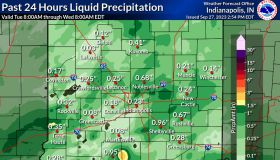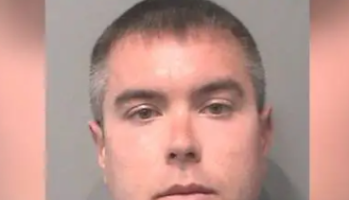
Source: (Photo: lucadp/Thinkstock)
STATEWIDE–The negative consequences of gambling can be numerous if a person struggles to know when to quit. Those can include debt, job loss, strained relationships, and even crime. A recent study by the personal finance website Wallethub examined the costs of gambling in both Indiana and across the country.
It’s called “2023’s Most Gambling Addicted States”. The researchers looked at a set of 20 key metrics that ranged from the presence of illegal gambling operations to lottery sales per capita to the share of adults with gambling disorders.
Indiana was ranked 31st out of 50 states in the study, which means that Indiana is one of the states less affected by gambling. The state with the worst of it is Nevada. The state least affected by gambling is Utah.
“The signs that gambling is controlling an individual instead of the individual controlling their degree and amount of gambling is probably something that many observers intuitively have a feel for. One who is close to someone with a problem probably sees the signs, but one problem is that such an individual’s denial is strong for those in the most need of help. Gambling addiction would seem to follow a similar path to other forms of addictive behavior. Friends and family should seek information about how to get professional help for individuals in need, but the real challenge is convincing someone in need of that help to agree to pursue it,” said Ed Edmonds, Professor Emeritus at the University of Notre Dame.
While the gambling industry made a record $60 billion in revenue last year, U.S. consumers experience more than $100 billion per year in total gambling losses annually.
Individually, a male gambling addict accumulates an average debt of between $55,000 and $90,000 whereas a female addict averages $15,000. Most cannot afford to pay back what they owe.
















